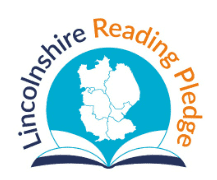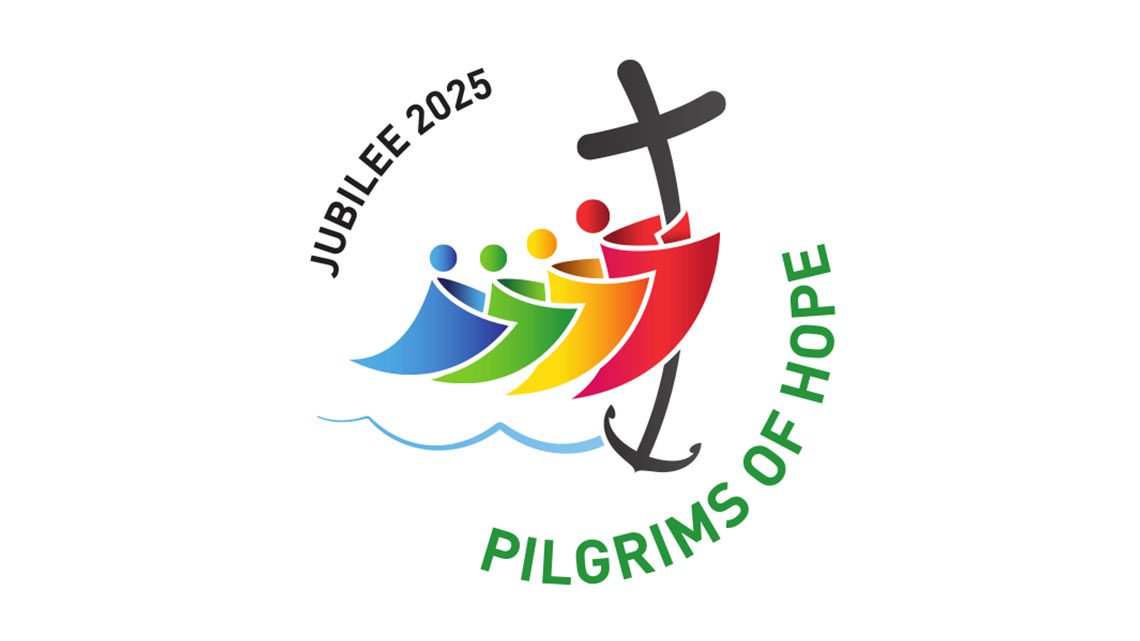Playground Provision at St Augustine’s
We all want the best for our children, and that includes the environment they spend a significant amount of time in during their school day—the playground. More than just a space for fun, school playgrounds are essential for children’s development, providing opportunities for physical activity, social interaction, and learning. We provide a well-designed playground, with the right mix of equipment and spaces, that supports your child’s growth and well-being.
Promoting Physical Development
The playground is one of the best places for children to engage in physical activity, which is crucial for their health and development. Here’s how specific equipment plays a role:
- Climbing Walls: Encourage strength, coordination, and risk-taking in a controlled environment.
- Hoops and Basketballs: Develop hand-eye coordination, motor skills, and teamwork.
- Skipping Ropes: Improve cardiovascular health, balance, and agility.
- Ball Games: Encourage teamwork, spatial awareness, and physical fitness.
These activities help children improve their gross motor skills, which are important for overall physical health and confidence.
Fostering Social Skills and Teamwork
Playgrounds are the perfect places for children to practice their social skills. Whether they’re playing a structured game or making up their own rules, these environments help children:
- Learn to communicate with peers.
- Negotiate and resolve conflicts in group settings.
- Understand the concept of turn-taking and sharing.
- Build friendships through common activities.
Structured games like organised sports: we offer table tennis and dance. Or traditional playground games such as, giant Connect 4, hopscotch or ball games, provide clear guidelines and help children develop a sense of fair play and cooperation.
Encouraging Creative Play and Independence
A playground should also be a place for imaginative play. Providing materials like chalk or open-ended equipment lets children use their creativity in ways that structured games can’t. For example:
- Chalk allows children to create their own games or art on the ground.
- Quiet areas offer space for those who prefer a break from active play to read or relax, promoting emotional well-being. The children have access to book boxes in the gazebo.
Giving children these opportunities helps them develop problem-solving skills, creativity, and independence.
Supporting Emotional Well-being
A good playground is not just about physical activity—it also supports mental and emotional health. For example:
- Quiet areas or peace corners can be a retreat for children who need a break or some time alone to calm down.
- A diverse range of activities ensures there’s something for every child, whether they are energetic or more introverted.
- Positive experiences on the playground contribute to self-esteem, helping children feel good about themselves and their social skills.
Coming soon…
Playground Leaders
We will be having Playground Leaders from years 4, 5 and 6 who will help on the KS2 and EYFS/KS1 playgrounds. These leaders encourage inclusive play, ensure safety, and help manage conflicts. They will have training from Inspire+ and learn a bank of playground games that they can play with the other children. They play an important role in making sure that all children are included and can participate, developing their leadership skills along the way!
___________________________________________________________________________
Keeping your child safe
As a school, our priority is to keep your child safe and healthy. Under the OFSTED framework safeguarding is a key indicator of what constitutes a good school. Keeping your child safe means:
- Providing first aid.
- Caring for children’s personal needs.
- Ensuring our school is secure and safe.
- Ensuring the children know who to speak to if they have a problem.
- Ensuring all adults who work in school have undergone safety and security checks.
Before school
Parents and carers are responsible for children in the playground until there is a member of staff on duty to supervise children from 8:40am. Parents should leave the school grounds by 8:45am.
During school hours
We follow clear rules about behaviour and use of play equipment in the playground. Adults supervise the children to ensure every playtime is a happy and safe one for all children. If children hurt themselves staff are First Aid trained and will deal with the injury promptly and accordingly.
After school
Parents and carers are responsible for children in the playground after the teacher dismisses. Dogs are not permitted on school premises.









